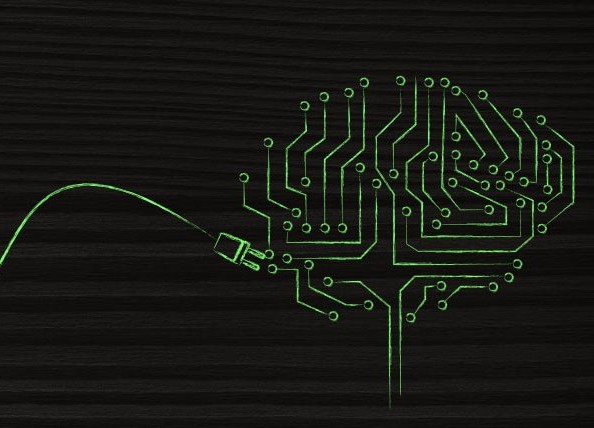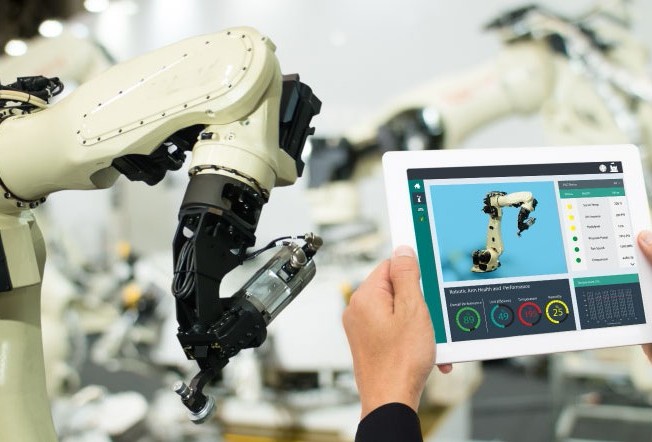Contents
FLI February, 2018 Newsletter
The Challenge of Value Aligned AI
Podcast: AI and the Value Alignment Problem
with Meia Chita-Tegmark and Lucas Perry
What does it mean to create beneficial artificial intelligence? How can we expect to align AIs with human values if humans can’t even agree on what we value? Building safe and beneficial AI involves tricky technical research problems, but it also requires input from philosophers, ethicists, and psychologists on these fundamental questions. How can we ensure the most effective collaboration?
Ariel spoke with FLI’s Meia Chita-Tegmark and Lucas Perry on this month’s podcast about the value alignment problem: the challenge of aligning the goals and actions of AI systems with the goals and intentions of humans.
Topics discussed in this episode include:
- a recent value alignment workshop in Long Beach
- the role of psychology in value alignment
- the possibility of creating suffering risks (s-risks)
- how AGI can inform human values
UPDATE: 2018 Grants Competition
We have received 181 applications in response to our AGI grants competition, and reviewing is now in full swing. Thank you to all of the talented researchers that applied!
ICYMI: This Month’s Most Popular Articles
Artificial Intelligence
From privacy concerns, to algorithmic bias and “black box” decision making, to broader questions of value alignment, recursive self-improvement, and existential risk from superintelligence — there’s no shortage of AI safety issues. But with limited funding and too few researchers, trade-offs in research are inevitable. Researchers must prioritize their causes.
How to Prepare for the Malicious Use of AI
By Jessica Cussins
How can we forecast, prevent, and (when necessary) mitigate the harmful effects of malicious uses of AI? This is the question posed by a 100-page report released last week, written by authors from the Future of Humanity Institute, the Center for the Study of Existential Risk, OpenAI, the Electronic Frontier Foundation, and the Center for a New American Security.
Transparent and Interpretable AI: An Interview With Percy Liang
By Sarah Marquart
To really know whether a technique is effective, “there is no substitute for applying it to real life,” says Liang, “this goes for language, vision, and robotics.” An autonomous vehicle may perform well in all testing conditions, but there is no way to accurately predict how it could perform in an unpredictable natural disaster.
Climate Change
The last time CO2 levels were this high, global surface temperatures were 6 °C higher, oceans were 100 feet higher, and modern humans didn’t exist. Unless the international community makes massive strides towards the Paris Agreement goals, atmospheric CO2 could rise to 560 ppm by 2050 — double the concentration in 1958, and a sign of much more global warming to come.
Dubbed “the evil twin of global warming,” ocean acidification is a growing crisis that poses a threat to both water-dwelling species and human communities that rely on the ocean for food and livelihood.
What We’ve Been Up to This Month
Max Tegmark gave the 2018 Beyond Annual Lecture at Arizona State University this month, where he argued that it will require planning and hard work to ensure that AI continues to benefit humanity as it eclipses our intelligence. In the lecture he explored challenges that we need to overcome and also talked about exciting opportunities.
Ariel Conn participated in this year’s ASU Origins Project Workshop, Artificial Intelligence and Autonomous Weapons Systems: Technology, Warfare, and Our Most Destructive Machines, which brought together experts in AI, autonomous weapons, and nuclear weapons, including Former Defense Secretary William Perry.
Jessica Cussins participated in the Global Governance of Artificial Intelligence Roundtable in Dubai, which was held for the first time as part of the annual World Government Summit. This was organized by the AI Initiative from the Future Society at the Harvard Kennedy School and H.E. Omar bin Sultan Al Olama, the UAE’s Minister of State for Artificial Intelligence.
Lucas Perry participated in an Individual Outreach Forum with the Centre for Effective Altruism (CEA) to focus on finding the most capable and effective people and helping them work on the world’s most pressing problems.
FLI in the News
IEEE SPECTRUM: Debating Slaughterbots and the Future of Autonomous Weapons
“People can look at the same technology and disagree about how it will shape the future, explains Paul Scharre as he shares a final perspective on the Slaughterbots debate.”
BOSS MAGAZINE: Boston Dynamics Debuts Spotmini and People Are Freaked Out
“A superintelligence might help us eradicate war, disease, and poverty, and so the creation of strong AI might be the biggest event in human history,” according to Max Tegmark.
SCIENCE AT AMNH: Being Human in the Age of Artificial Intelligence with Max Tegmark and Neil deGrasse Tyson
“Artificial intelligence is growing at an astounding rate, but are we ready for the consequences? Cosmologist and MIT physics professor Max Tegmark guides us through the state of artificial intelligence today and the many paths we might take in further developing this technology. Hayden Planetarium director Neil deGrasse Tyson moderates.“







